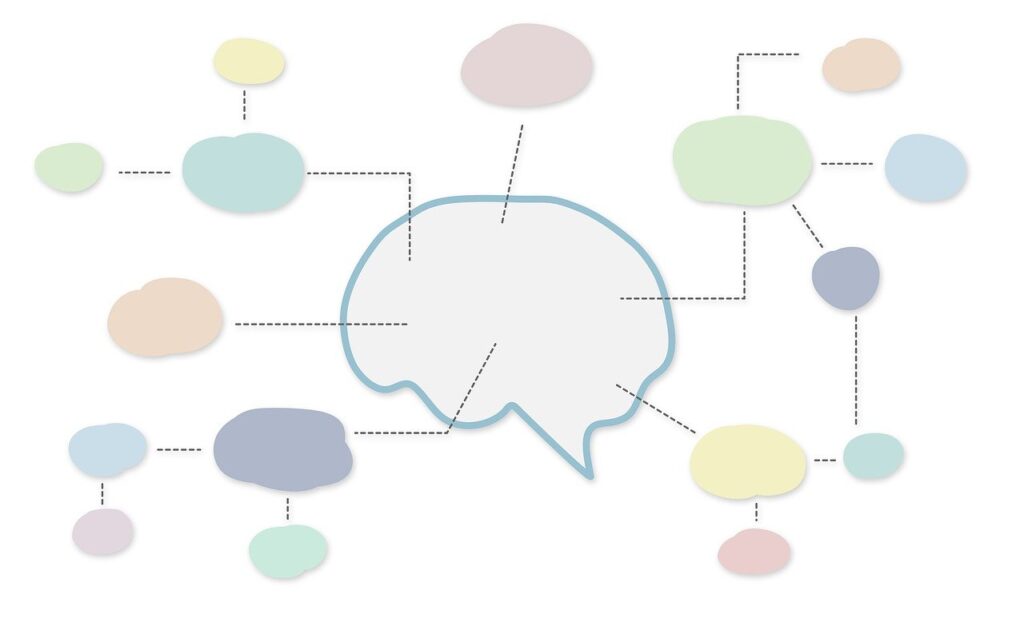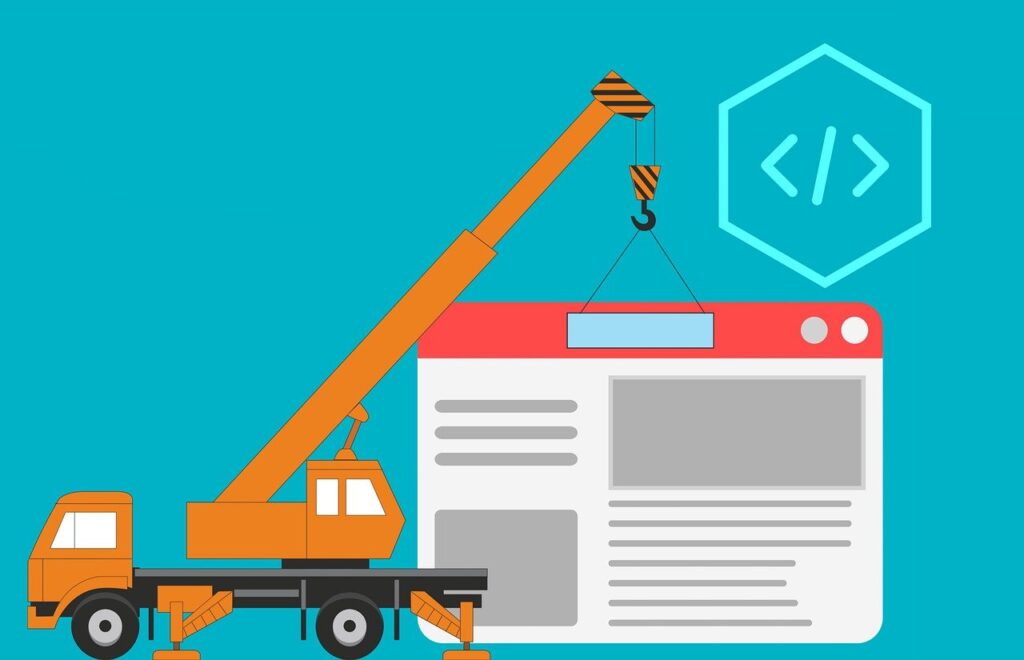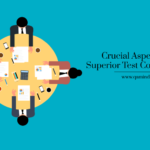
In the digital landscape, the cornerstone of every organization’s success lies in software quality. Clients consistently return for products and services of excellence, distinguished by excellent functionality. Within the domain of software development, software testers assume the role of quality gatekeepers, facilitating organizations in the fast delivery of top-notch software.
Software Tester Fundamentals

Strong foundational knowledge forms the essential bedrock for a software tester’s achievement. While some newcomers undergo specific testing training before embarking on a career, a significant portion enters the field accidentally and without any formal testing education.
As a result, it becomes imperative to recognize and rectify gaps in your fundamental understanding. The fundamentals of software testing contain a wide range of knowledge, including basic testing concepts, levels of testing, testing methodologies & techniques, test case creation, etc.
Even if you’ve received prior training in testing and you have the online knowledge base at your disposal, there remains a likelihood that you might need to learn certain concepts again and again.
Development Methodologies

Nowadays, for developing a software product, organizations follow some kind of approach or methodology to ease the process of creating, testing, and releasing an application to the world. One of the most popular methodologies for software development that took a meteoric rise in the past decade is the Agile way of working or Agile development.
Several Agile methodologies are out there, Scrum being the most popular but XP and Kanban are also two, very helpful and used approaches across organizations. With 2 week sprints, smaller application increments, and often releases, Scrum made its name in the development world for its iterative-incremental approach to cross-functional teams for delivering applications to its customers quickly and effectively. Read more about Scrum and other agile methodologies.
Skillfulness in a Programming Language

Don’t be scared, you don’t need to learn a programming language at the beginning of your software tester career even though knowing at least one programming language will separate you from the others and will lay a strong basis for a potential test automation engineer.
Don’t rush with learning a programming language right away. Start slowly, learn the basics of software testing and QA in general, and when you feel ready to enhance your knowledge base, take an online course or academy and start understanding how to program things. Some of the most popular languages out there, especially for test automation are, Java, Typescript, Python, etc.
Documentation

Documentation serves to reduce ambiguity surrounding software testing efforts, promote transparency, and facilitate a methodical testing approach. Documentation is definite for career advancement. The documents you create to act as proof that reflect the quality of your work and your dedication. Beginners should start learning how to create different kinds of test documentation like test plans, test case analyses, test designs, etc.
User mindset

The first thing you will hear at the beginning of your career as a software tester is “You need to think like an end-user and start using(testing) the application “. Even though it is easier said than done, software testers need to try to think logically, go beyond the application limits in terms of functionality, perform different kinds of tests that you would not usually perform, etc.
Some of the characteristics one software tester should have are being skeptical about the application, or maybe even pessimistic, have the ability to ask questions, remember, there is no stupid question when you test an application because often it results in finding a bug or design flaw which can be mitigated early. Another factor is analyzing input data and seeing what else you can add, challenging the status quo, and looking for gaps in the application that nobody noticed.
Automation

Remember when I said it would be very beneficial to learn a programming language? Well, everything comes for a reason and that reason is test automation. If you know a programming language you can start your test automation journey.
Automated tests are in general faster than manual ones, they increase the team’s confidence, reduce cost, provide early feedback about the quality of the product, and of course, a fast delivery. But in order to achieve all of that you need to be familiar with the test automation frameworks. Knowing a programming language is a great start but it’s not enough. There are quite a few test automation challenges that you need to overcome first.
Communication

One of the most underrated skills, one software tester needs to have is communication. It is key to successful product testing and release. Testing in general, is not something that only one person is performing. Collaboration between other testers and developers is crucial to the success of the application. Software testers need to be able to correctly communicate features, testing activities, tests, and reports with other members of the team even non-technical ones.
Also, written communication skills are important for interacting with other stakeholders through email communication or some form of communication and sharing information channels.











